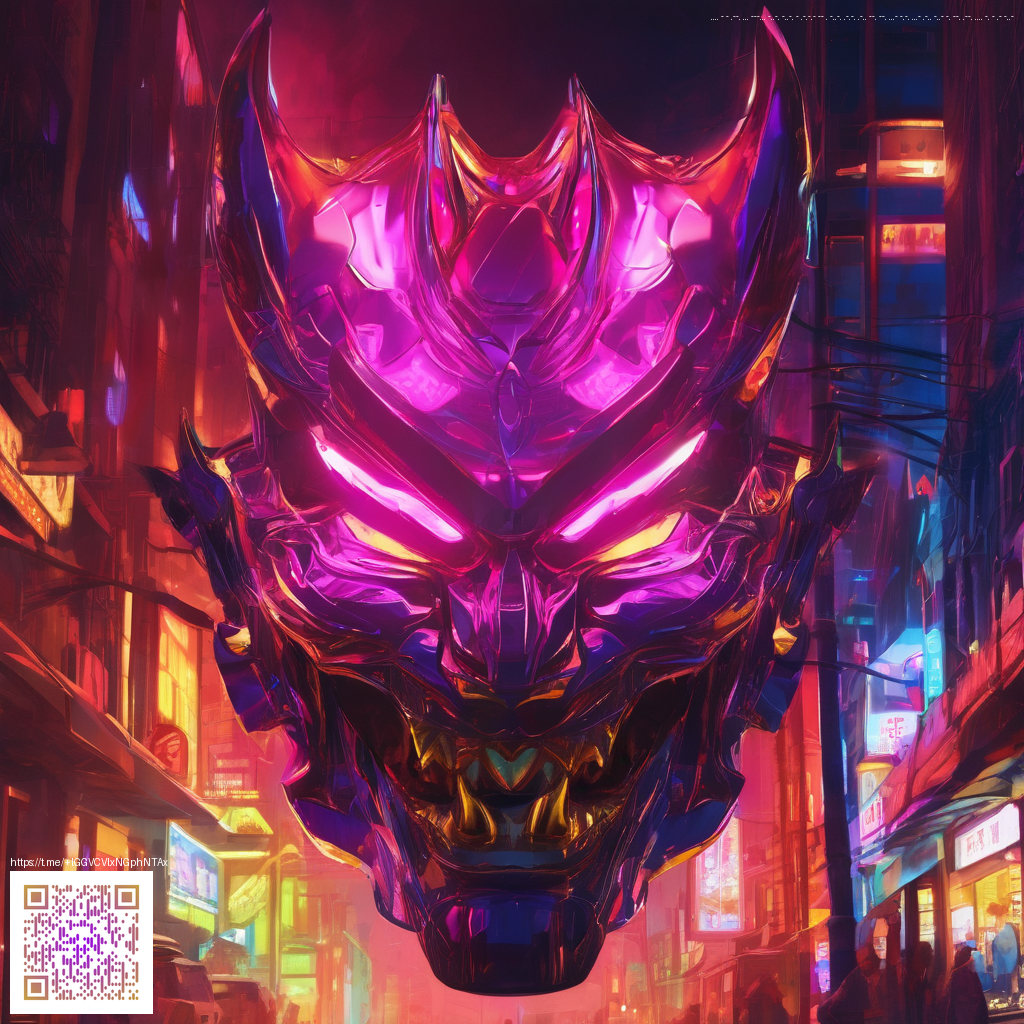
The Last Stop at Hollow Station
At the edge of the map where streetlamps thin to ghosts and the air tastes of rain forgotten, Hollow Station rests like a memory that forgot its own exit. The sign sags, the paint peels in waves, and every evening the air hums with the secret of a train that arrives without warning and departs with your name still inside its compartment.
I took the night shift because the living crowd makes too much noise with their laughter and their plans. The night keeps the secrets intact, or buries them deeper in the ballast. The track sounds different after midnight—steel teeth grinding against sorrow, wheels spinning in a rhythm that sounds almost like a lullaby for the dead. It was on such a night I found a ticket tucked beneath the timetable, its ink smeared by rain and time: Ella M., 1923, seat unknown.
A mist gathered around the signal post as if the air itself remembered something it should have forgotten. Then the Last Stop appeared, not on the horizon but in the space between breath and heartbeat. The train itself looked tired, a long, black creature with windows that reflected more than light—faces not your own, and eyes that watched you with patient, disappointed memory. The doors sighed open, revealing a carriage that smelled of coal smoke and lilac, of trains that carry apologies instead of passengers.
“We ride where the clock forgets to strike,” a voice whispered, though no one spoke and the air held its breath as if listening. The conductor wore a badge that glowed with a cold blue light and asked for a passenger who owed a debt the world had never dared to name aloud.
The passengers did not look at me. They looked through me, as if I were a corridor, a passageway into a past the town would rather forget. A mother laid a hand over her child’s head as if cradling a fragile sun. A boy clutched a violin case that hummed with a sorrowful tune no living violin could play. Ella M. seemed to drift through the car, the name on the ticket becoming part of the fog that clung to the glass like breath you cannot wipe away.
On the platform, the clock struck in a choked series of stutters, and the station lights flickered as if blinking away a memory it never learned to understand. The train’s interior stretched into a memory I did not own: a room full of strangers who were all, somehow, my own yesterday. The door to the next car opened to reveal a corridor of doors leading to rooms that didn’t exist in any map I’d seen—the kind of doors that invite you to remember something you forgot you forgot.
- Ticket stubs that rearrange themselves into new names
- A clock that ticks backward for a single chosen moment
- Footsteps that echo in the opposite cadence of your own
- Windows that reflect futures you have not yet decided to fear
- A door that opens only for those who fear endings
When dawn pressed its pale hand on the glass, I realized I was no longer merely guarding the station’s nocturne; I was becoming a part of its legend. The Last Stop at Hollow Station doesn’t hold you as much as it holds you hostage to your own history, a reminder that some journeys end where you began, and some trains arrive to ferry you toward the longest memory you will ever keep.